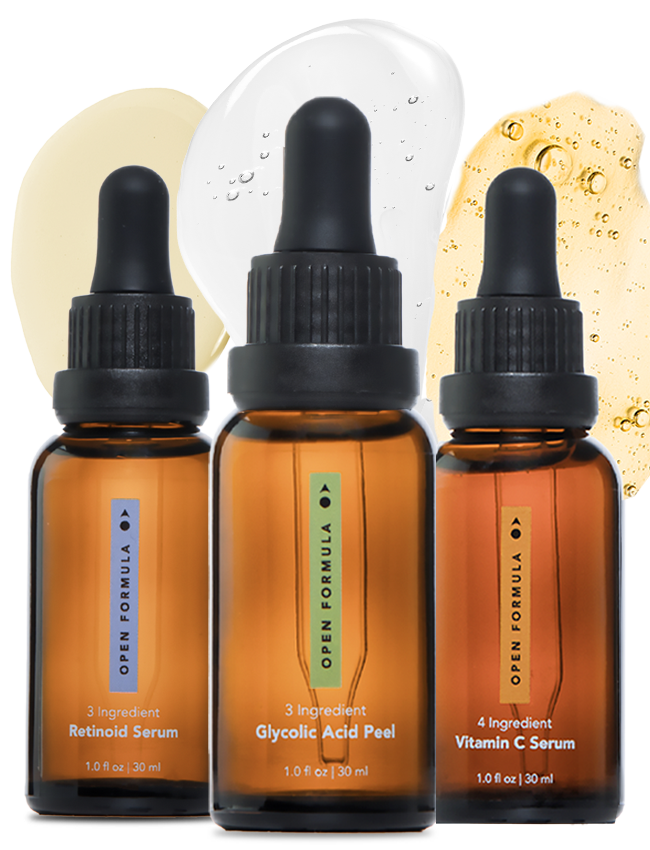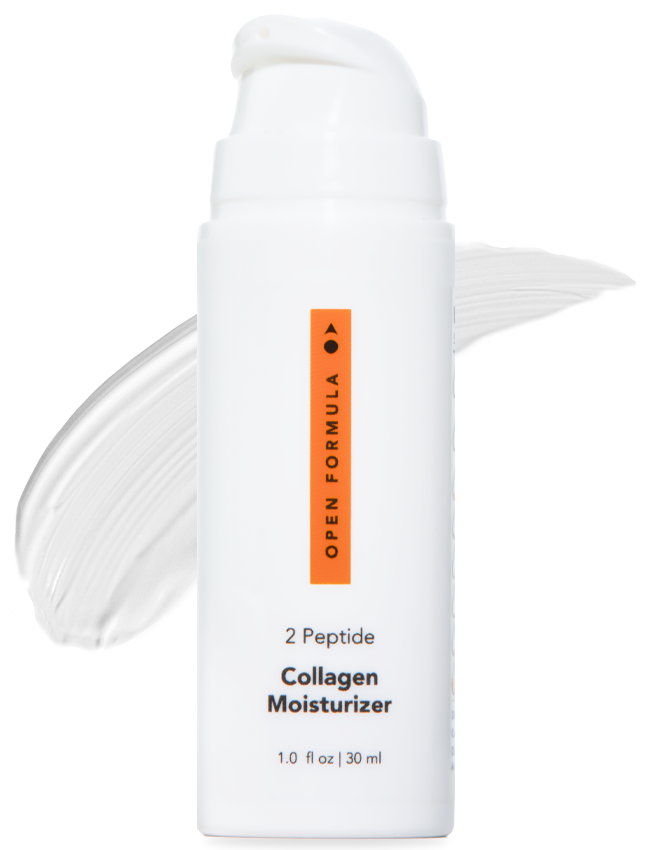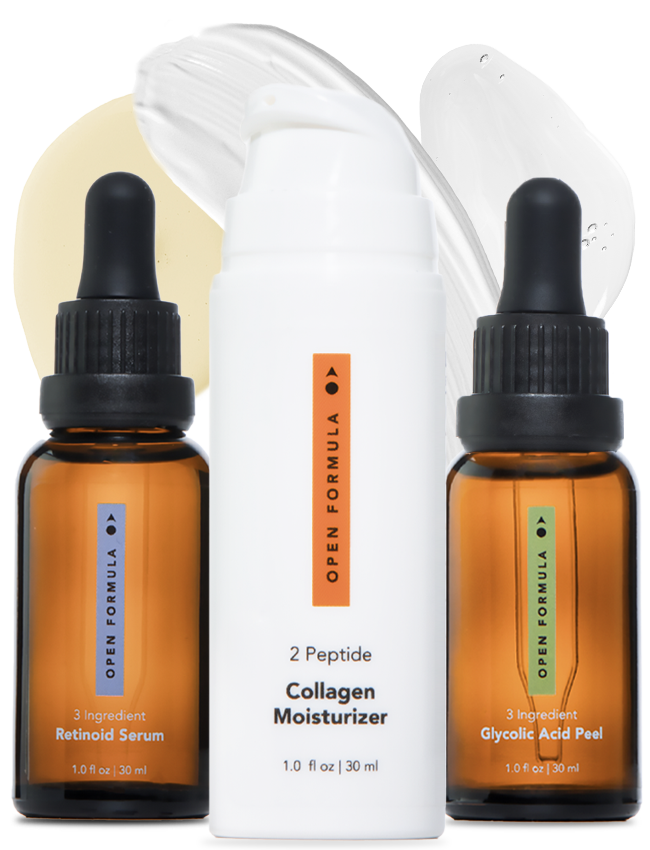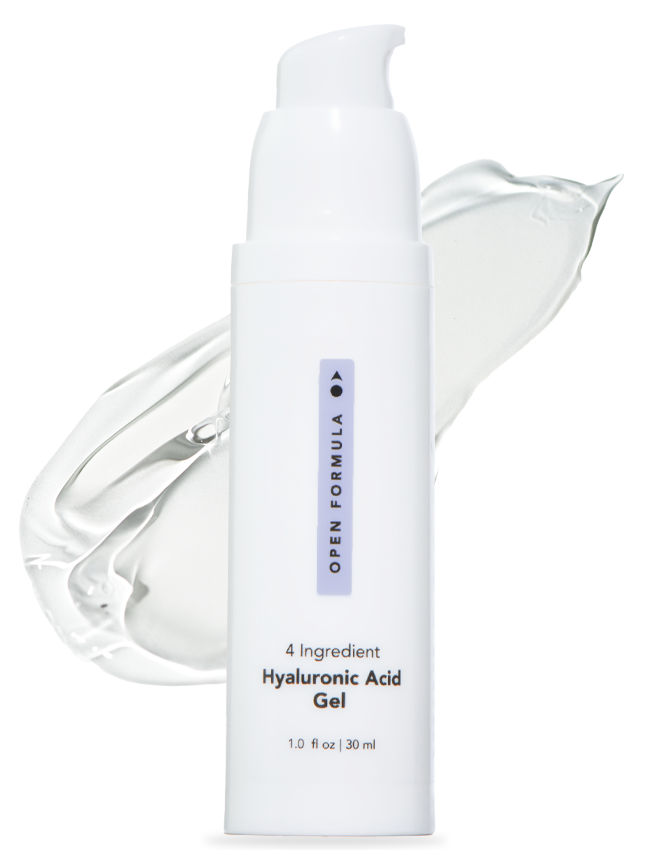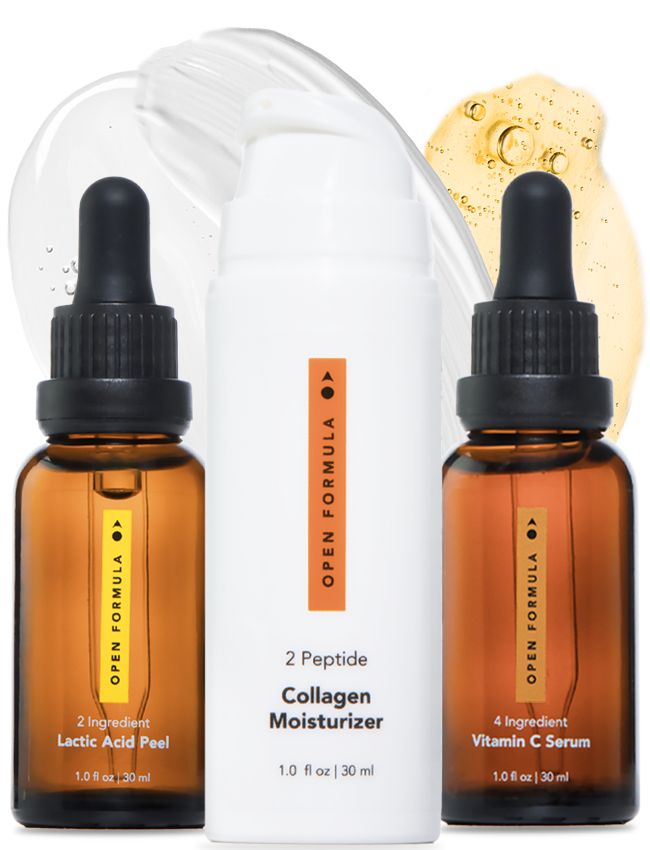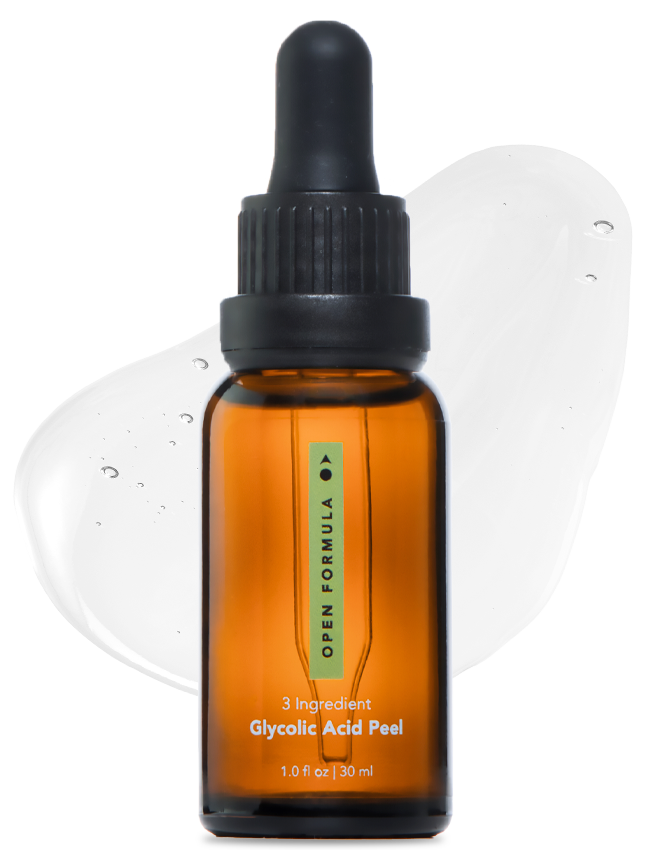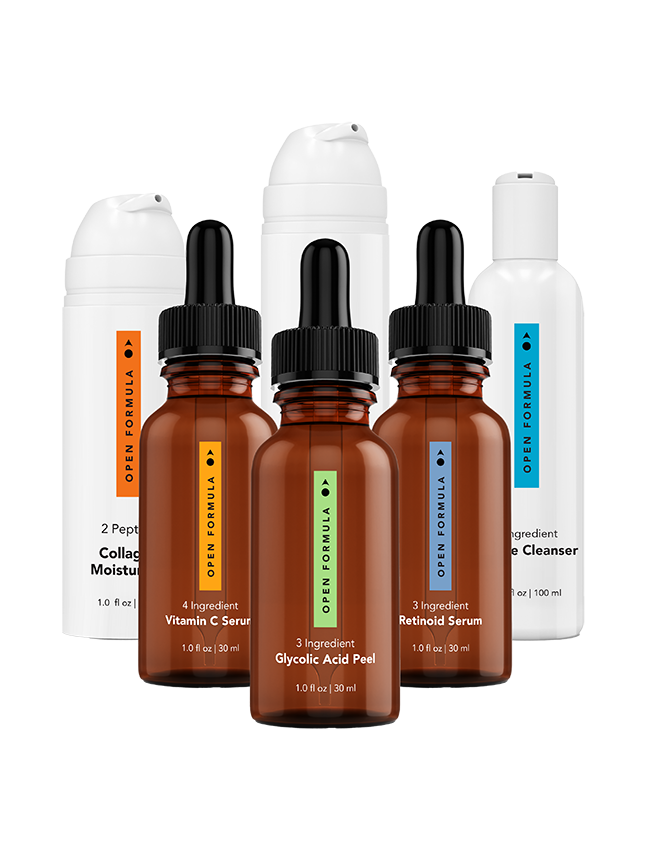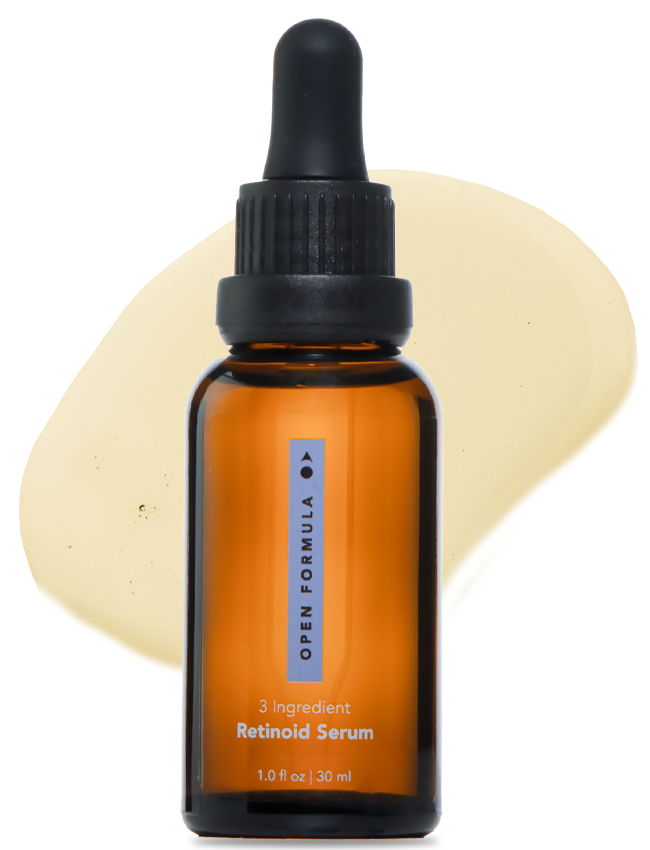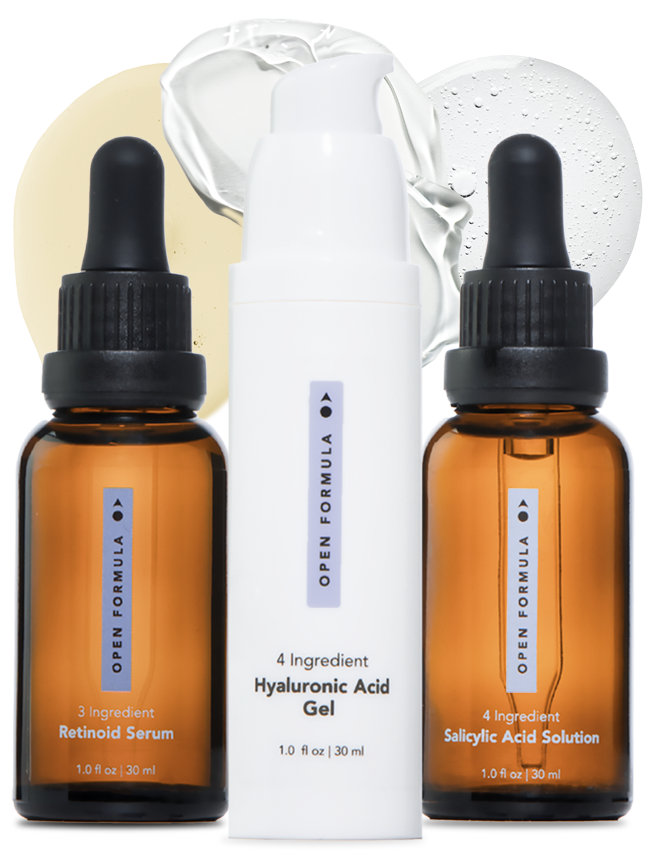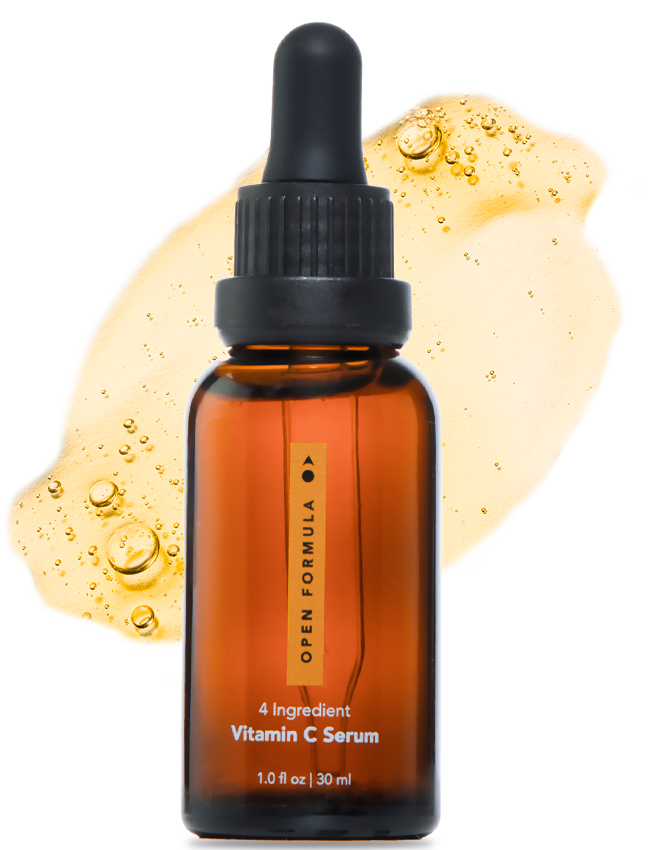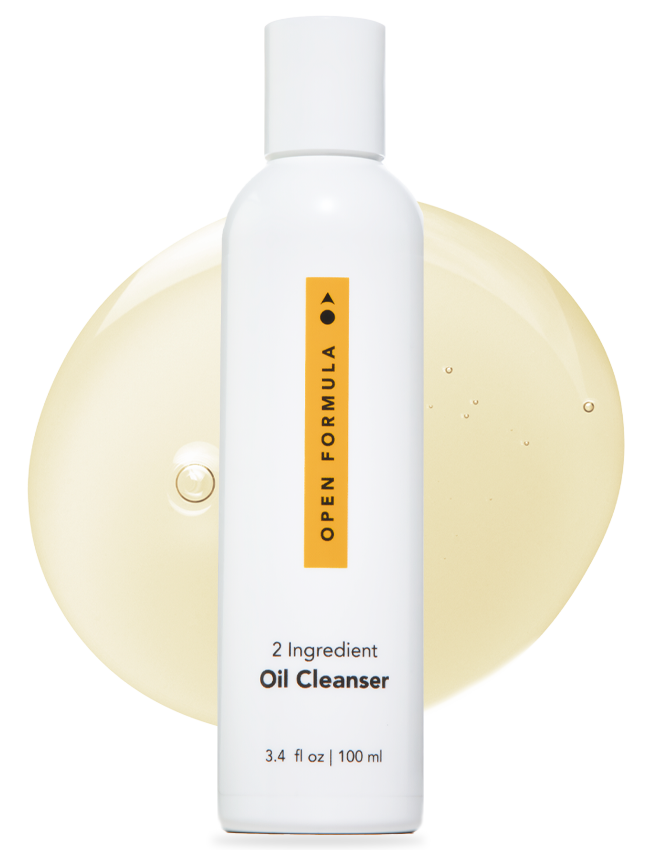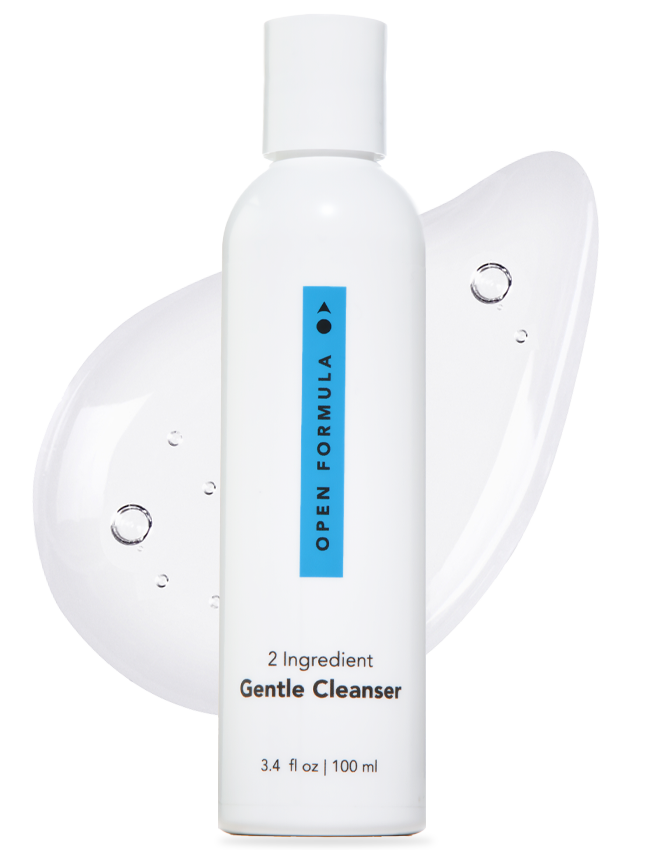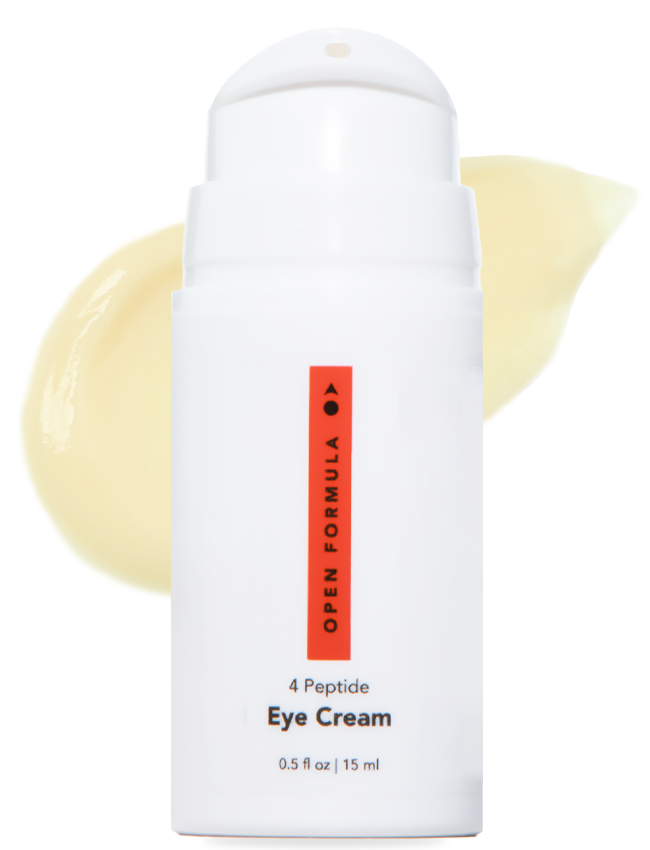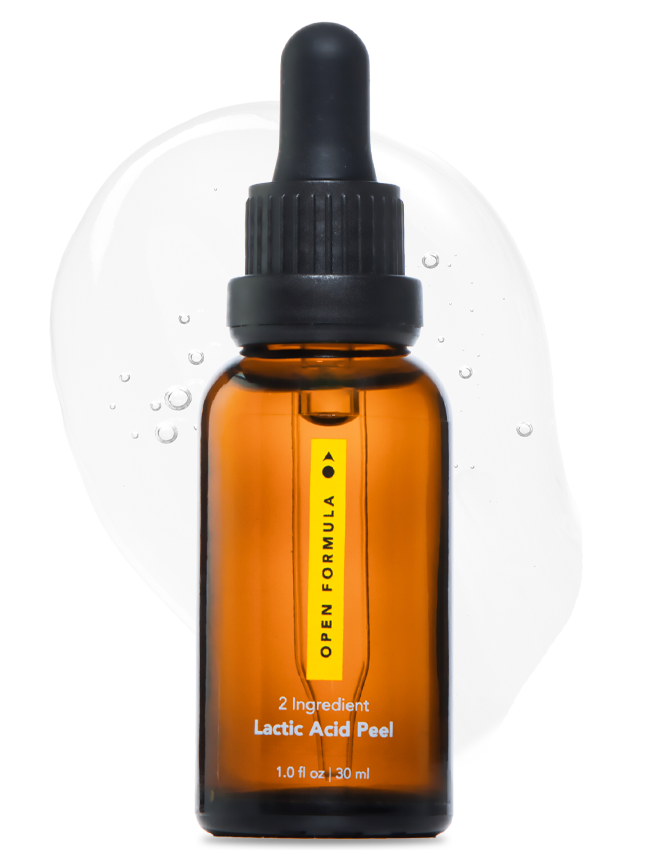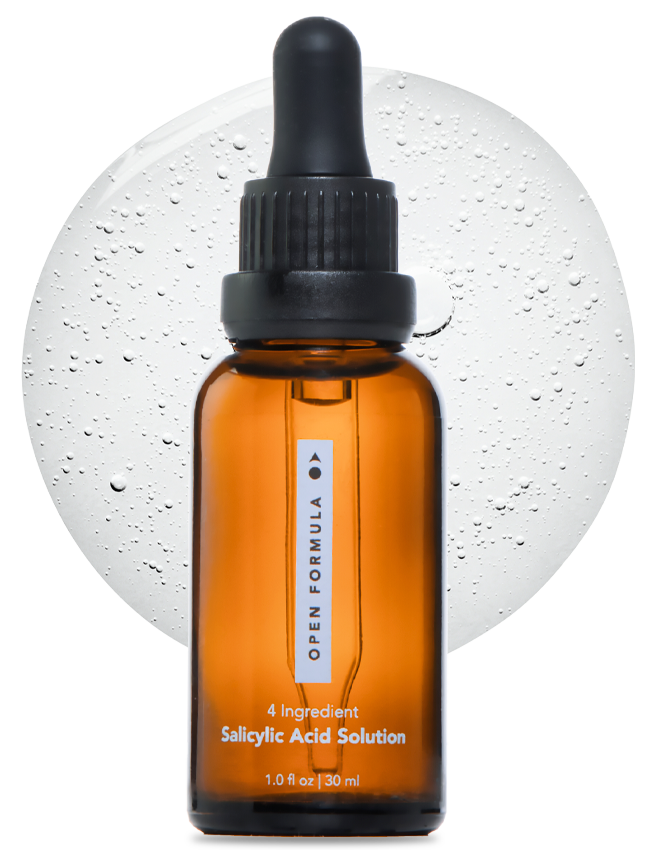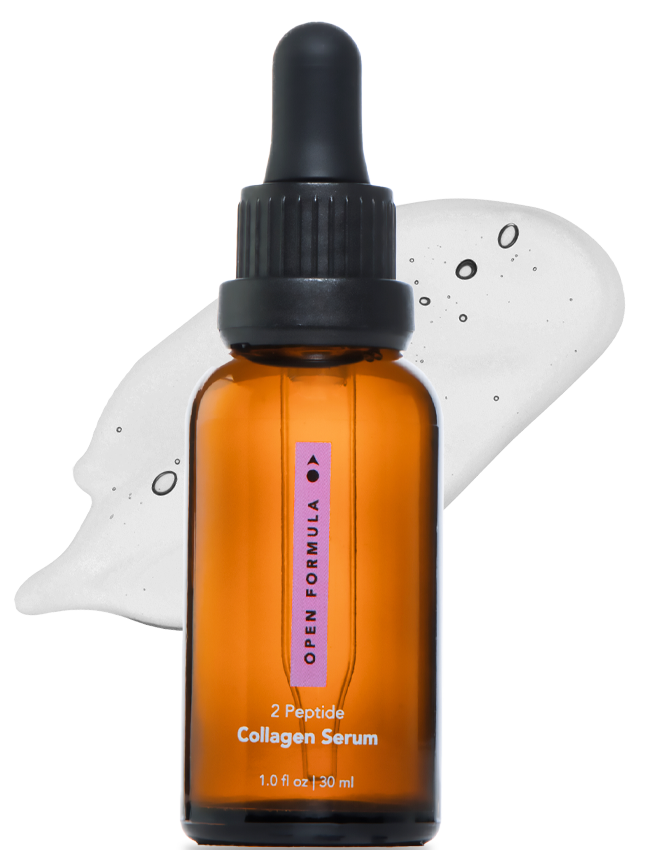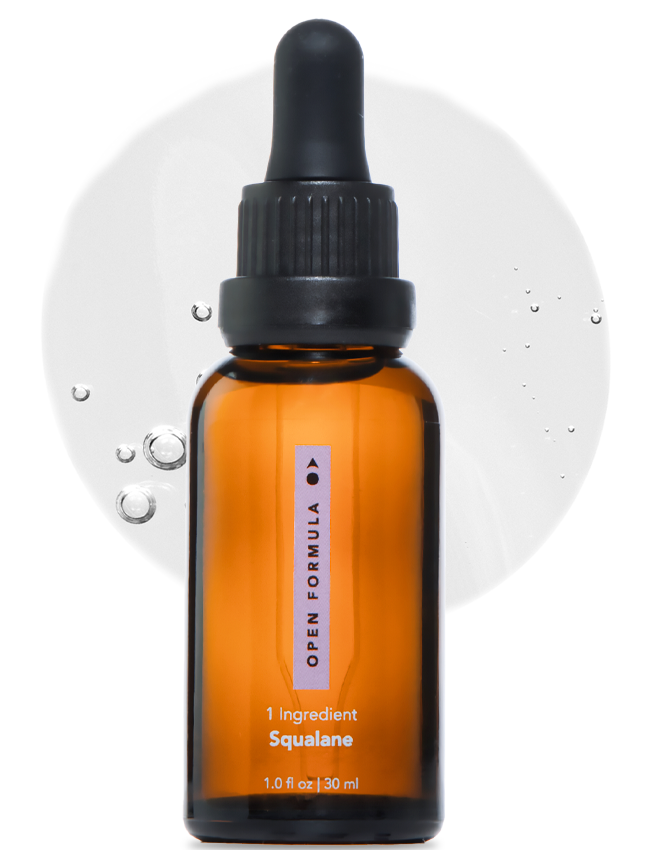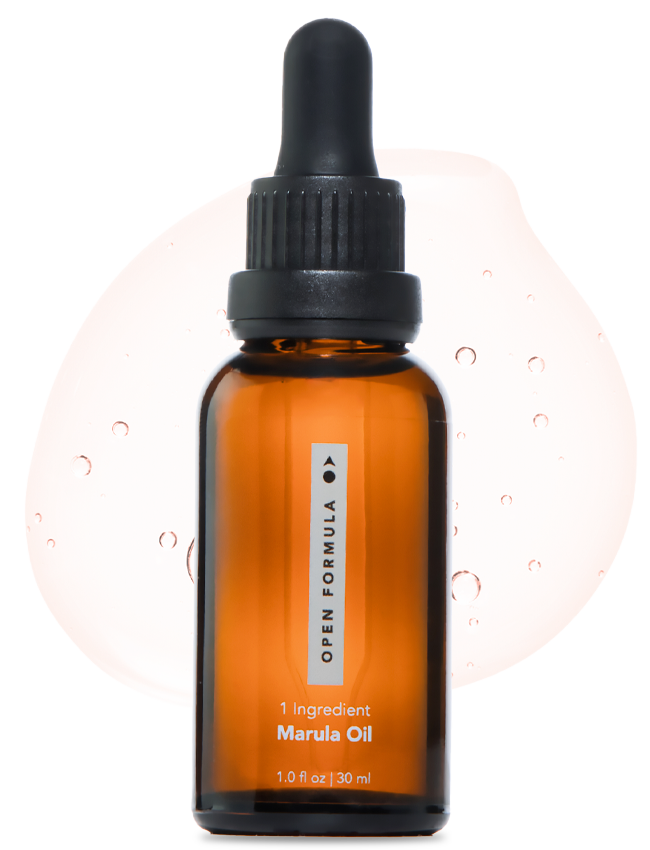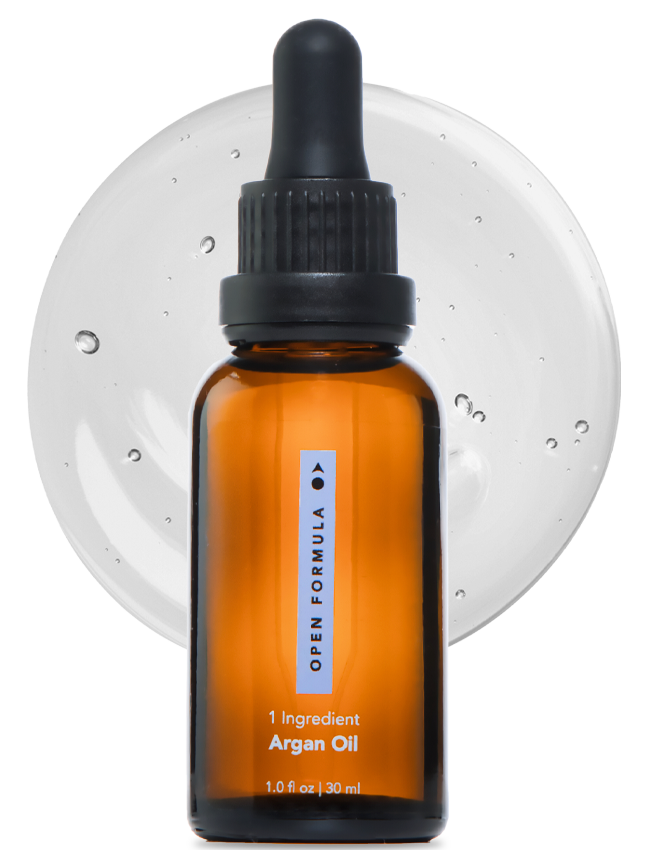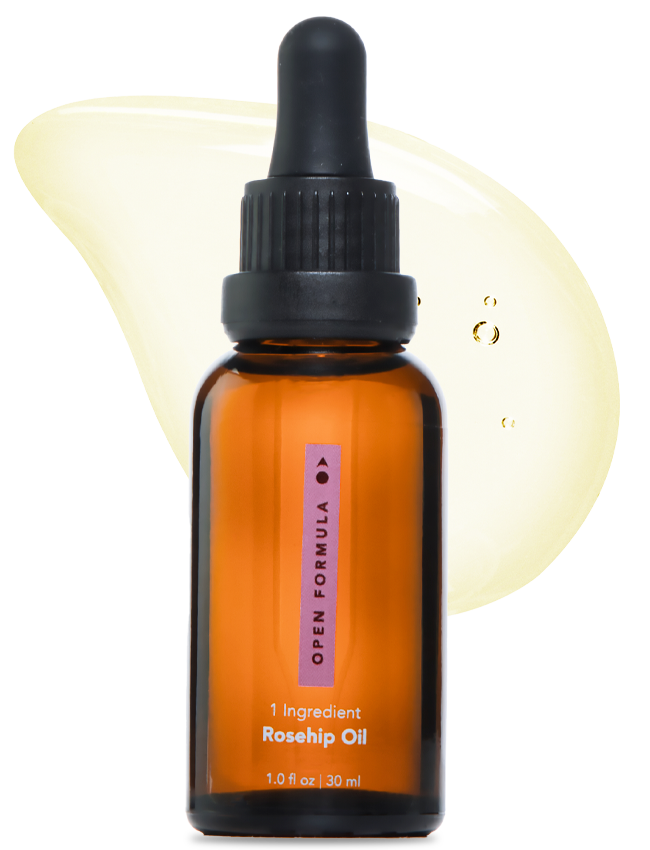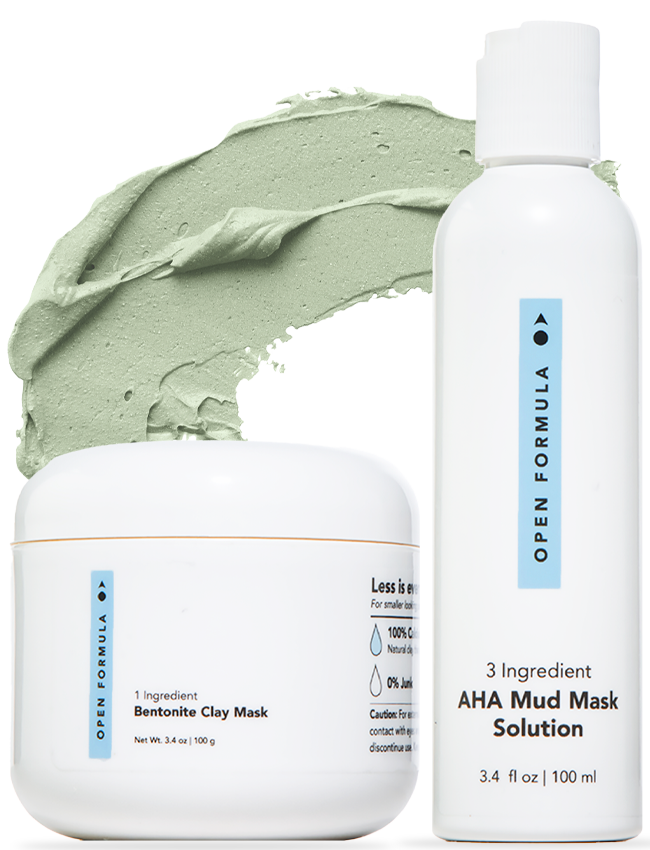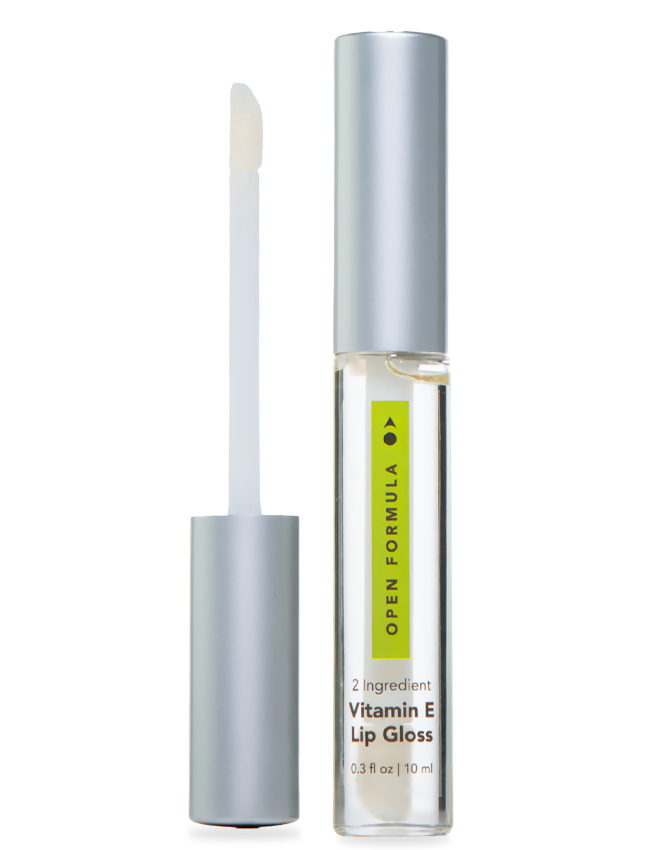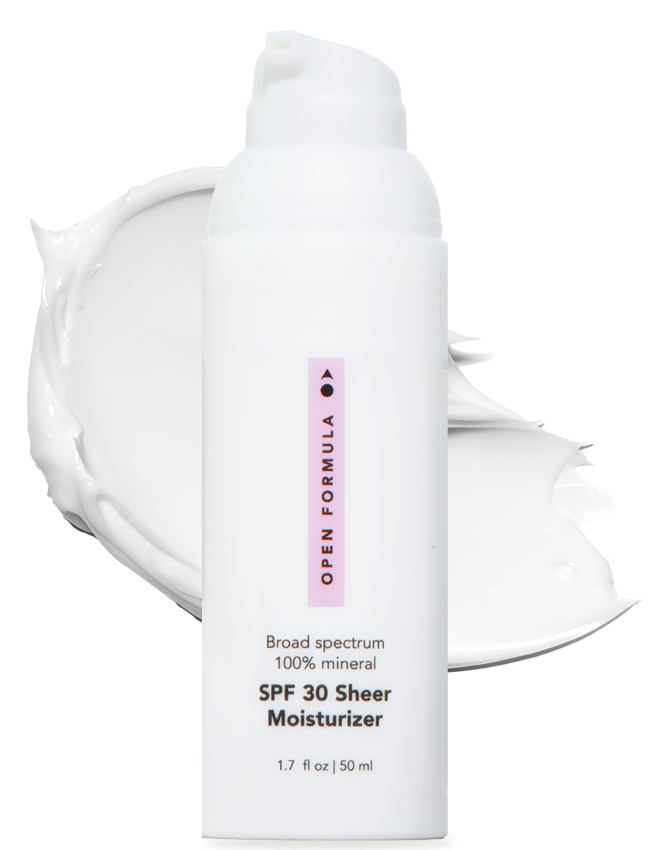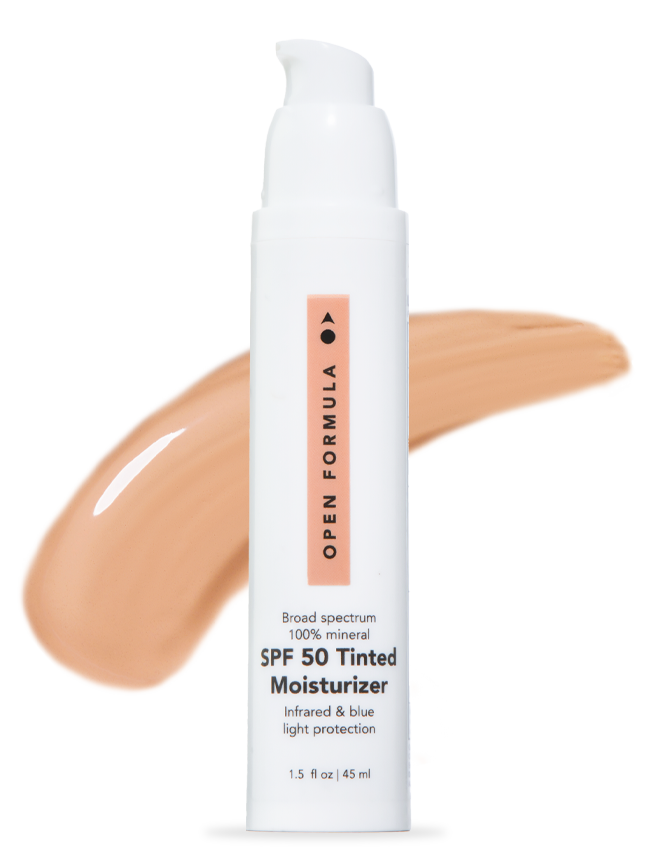1 in 3 Americans regularly don’t get enough sleep. A study found that after 5 days of sleep restriction, wrinkles increased 45%. Beauty sleep tips for better skin is a must!
Apart from being a vital part of everyday life, getting enough sleep is also crucial to having healthy skin. Learn what good and bad sleep mean for your skin, and get 6 beauty sleep tips that will help you look younger and feel better.
Beauty Sleep
When you look at the mirror at 7 a.m., it’s hard to believe that you’ve just had eight hours of “beauty sleep.” But messy hair and smudged makeup aside, sleep is one of the best ways to get more youthful, refreshed looking skin. And, it’s a whole lot cheaper than plastic surgery.
To see the immediate effects of sleep – or the lack of it – on your skin, try pulling an all-nighter. When you don’t sleep enough, the blood vessels under your eyes widen. Bigger blood vessels cause dark circles to form under your eyes.
Too many nights spent tossing and turning can also speed up the process of skin aging. In one study, women who were poor sleepers had more obvious signs of aging than those who slept well – including fine lines, uneven skin tone, and less elastic skin.
Fortify Beauty’s Defenses
How does sleep keep you looking young? For one thing, it fortifies your skin’s barrier. Your skin’s outer layer acts like a fortress. It prevents harsh chemicals, from the environment and UV rays from the sun, from getting in and causing damage. The barrier also holds in moisture to keep your skin looking firm and supple. A lack of sleep weakens these natural defenses.
Listen to the podcast.
Night Time Repair Mode
At night, your body’s repair systems kick into high gear. That’s when skin cells, along with other cells in your body, regenerate faster. New skin cells grow to replace old and damaged ones.
While you’re blissfully dreaming, your body releases hormones like melatonin, which help to repair sun damage and heal your skin. You also get a boost in the production of human growth hormone, an essential ingredient for collagen. Collagen is the protein that gives you firm skin, as well as strong nails and shiny hair. A lack of sleep disrupts all of these restorative processes.
Sleep Combats Inflammation
Poor sleep boosts your body’s cortisol production. This stress hormone promotes inflammation and skin damage. So over time if you don’t sleep well, you’re likely to see more flare-ups of skin conditions like acne, eczema, and psoriasis.
Your Body Replenishes Moisture During Sleep
While you sleep, your body sends fluids to the organs and tissues that need it most. And, it pulls moisture away from areas that don’t need it – like the pockets under your eyes. When you see bags the morning after you’ve slept poorly, it’s because fluid has collected in those pockets.
Sleep More, Sleep Better
How much beauty sleep do you need? The National Sleep Foundation recommends that adults get 7 to 9 hours of restful slumber. That might not sound like a lot, but it turns out sleep is often in short supply. About 1 in 3 Americans regularly don’t get enough sleep.
A lack of sleep won’t just show on your face – it will affect your body, too. Scientists have linked poor sleep to conditions like diabetes, obesity, depression, and heart disease.
So how do you get more health and beauty sleep?
6 Beauty Sleep Tips:
- Get into a nighttime routine. Go to bed at the same time every night. And before you hit the sheets, do something relaxing. Take a warm bath. Meditate or practice yoga. Or, read a book. Doing the same thing each night will give your brain the hint that it’s time for bed.
- Ditch the devices. Blue light from your smartphone and tablet throws the body's biological clock off and could keep you awake.
- Curb caffeine. It’s a stimulant that can make it harder to drift off to sleep. Stop drinking coffee – unless it’s decaf – and skip other caffeinated drinks a couple of hours before bedtime.
- Work out your frustrations. Exercise is a great stress buster, and stress is a notorious sleep stealer. A daily workout may also help you fall asleep faster, and sleep longer and more soundly. But if you’re going to go hard-core, do it in the morning. Intense aerobic exercise too close to bedtime leaves some people too restless to sleep.
- Avoid alcohol. A glass of wine before bed might soothe you into slumber, but it won’t be the restful kind.
- Create the right sleep environment. Keep your bedroom dark and cool. Make sure your pillow and mattress are supportive and comfortable. Remove any distractions, like your cell phone, that could make noise during the night and wake you up.
Your Bedtime Beauty Ritual
Here are a few more beauty sleep tips.
To enhance the effects of sleep on your skin, adopt a face-forward bedtime ritual. Leftover makeup can plug up your pores and prevent your skin from breathing properly. Always wash your face with warm water and a gentle cleanser before you go to bed, and gently pat it dry. Apply a gentle moisturizer afterward.
For your best morning face, try sleeping on your back. Sleeping on your side or stomach presses your face into the pillow, which can leave a web of wrinkles on your skin in the morning. These are called “sleep wrinkles” – they form due your skin being compressed while you sleep on your face.
Finally, make sure your sheets and pillow cover are soft and gentle on your skin. Choose bedding with good quality cotton that’s free from irritating dyes.
Additional Resources: If you do drink alcohol check out how it impacts your skin's health in this Open Formula article.







